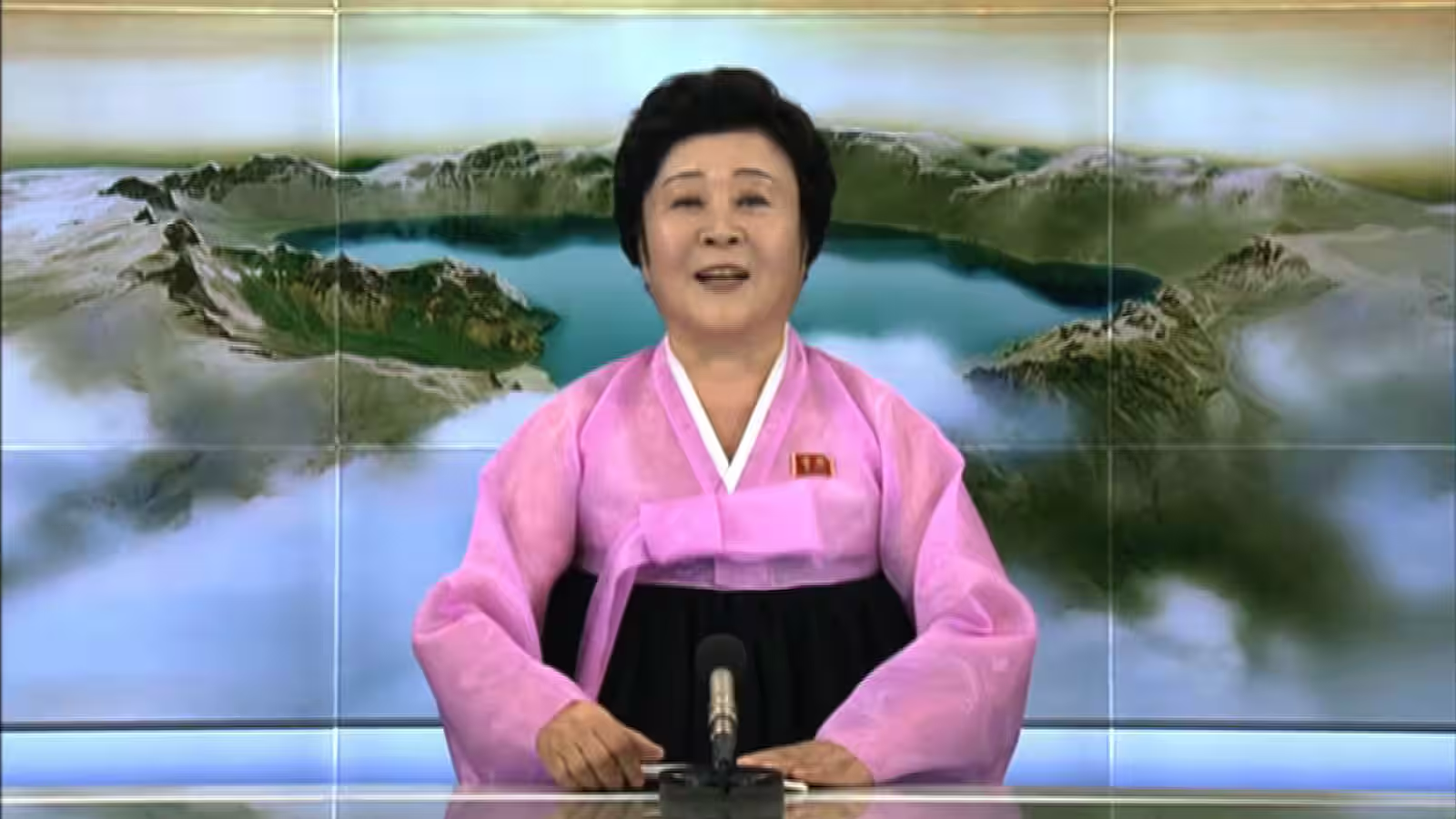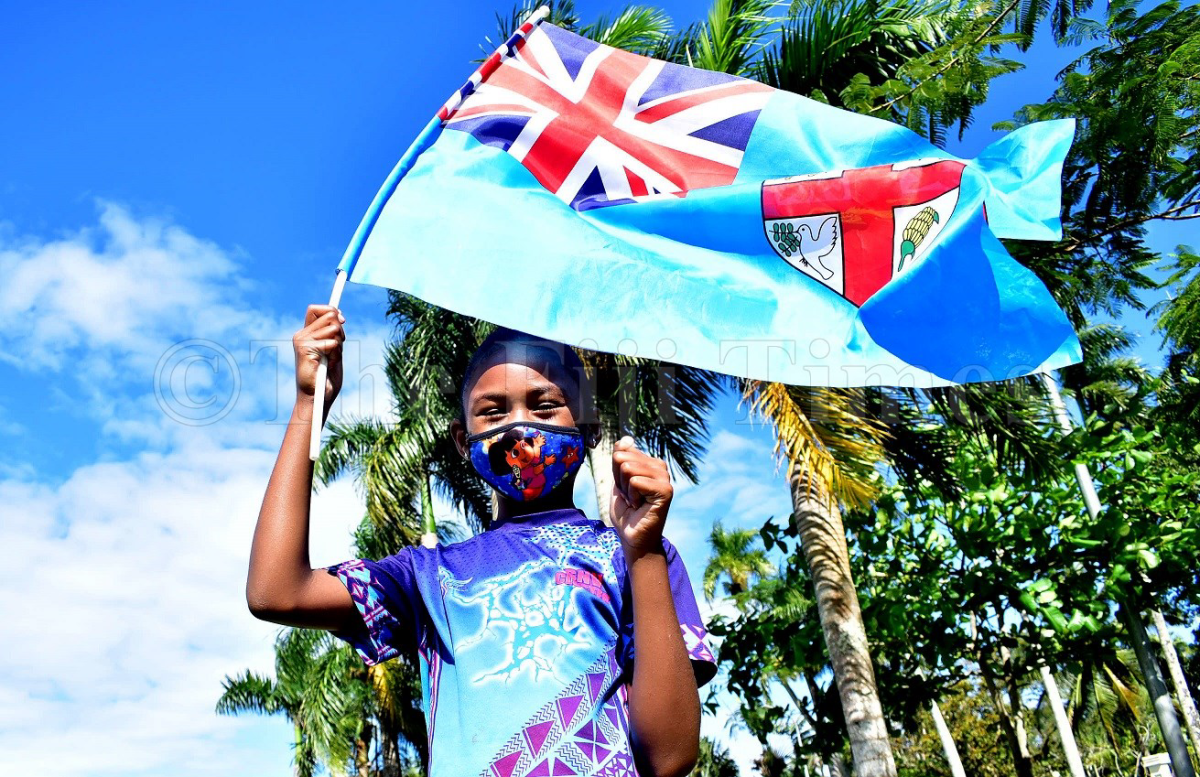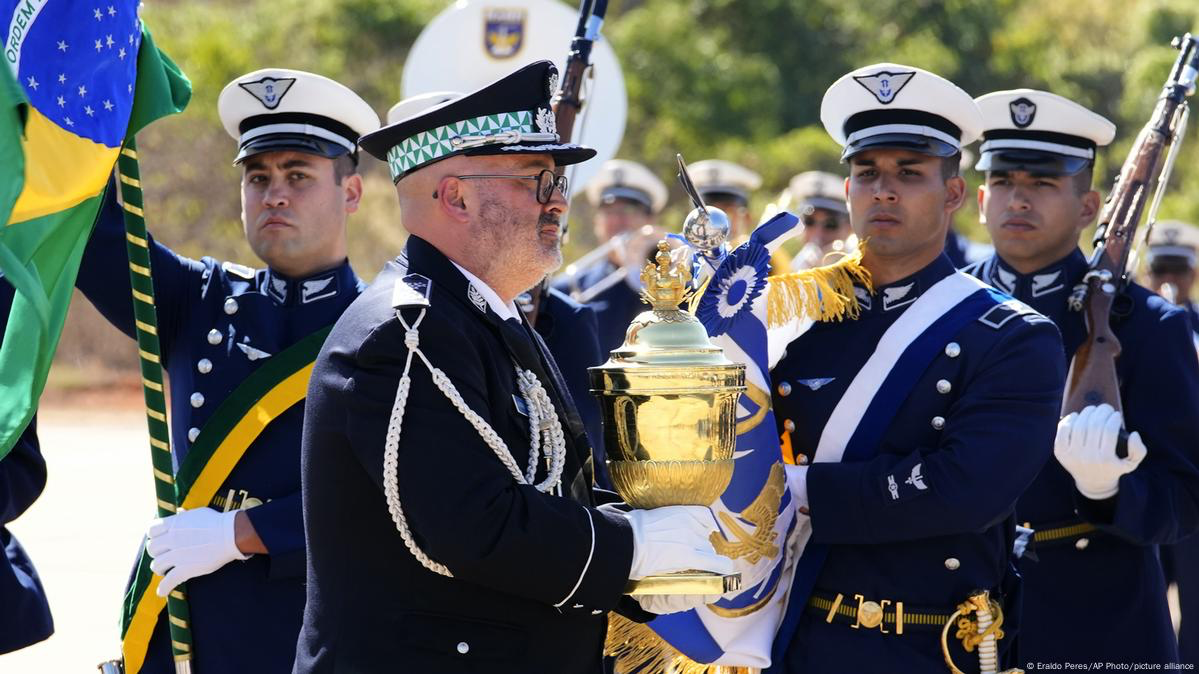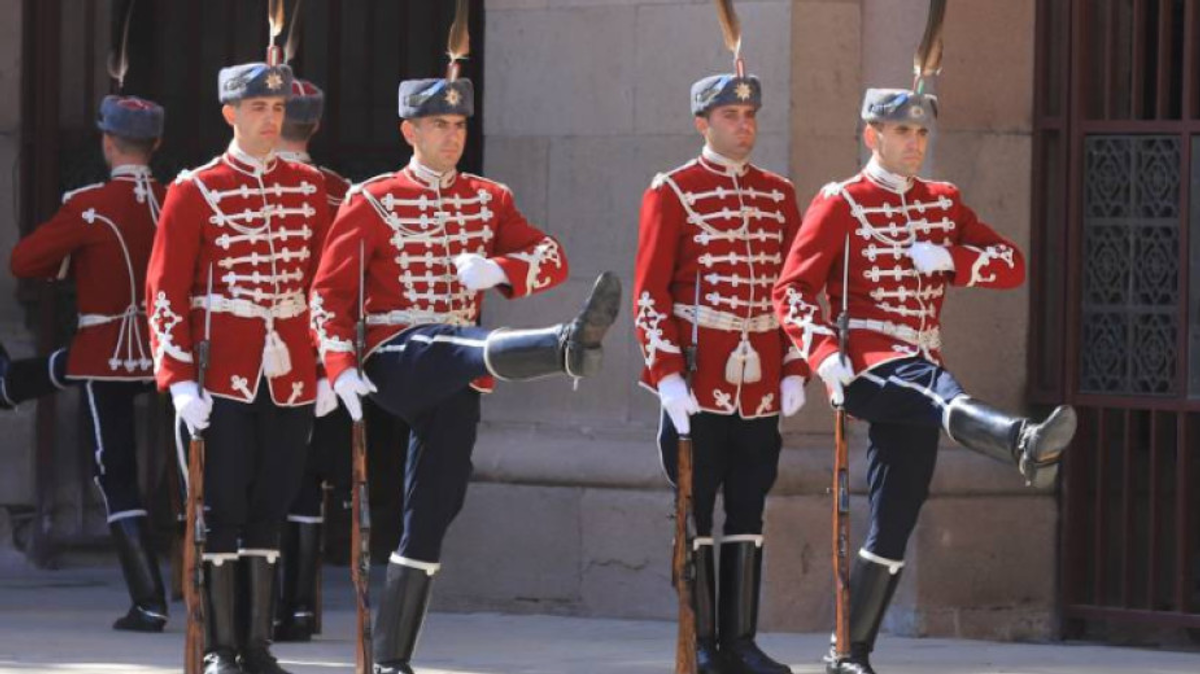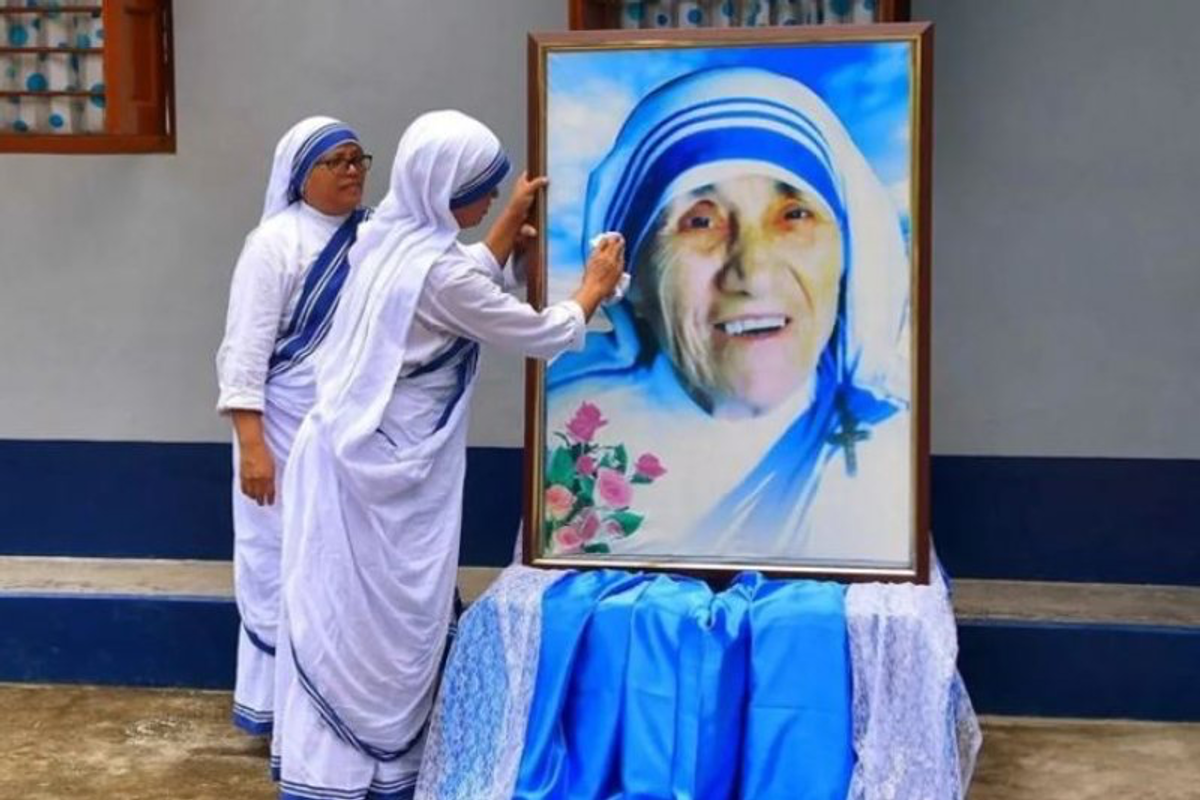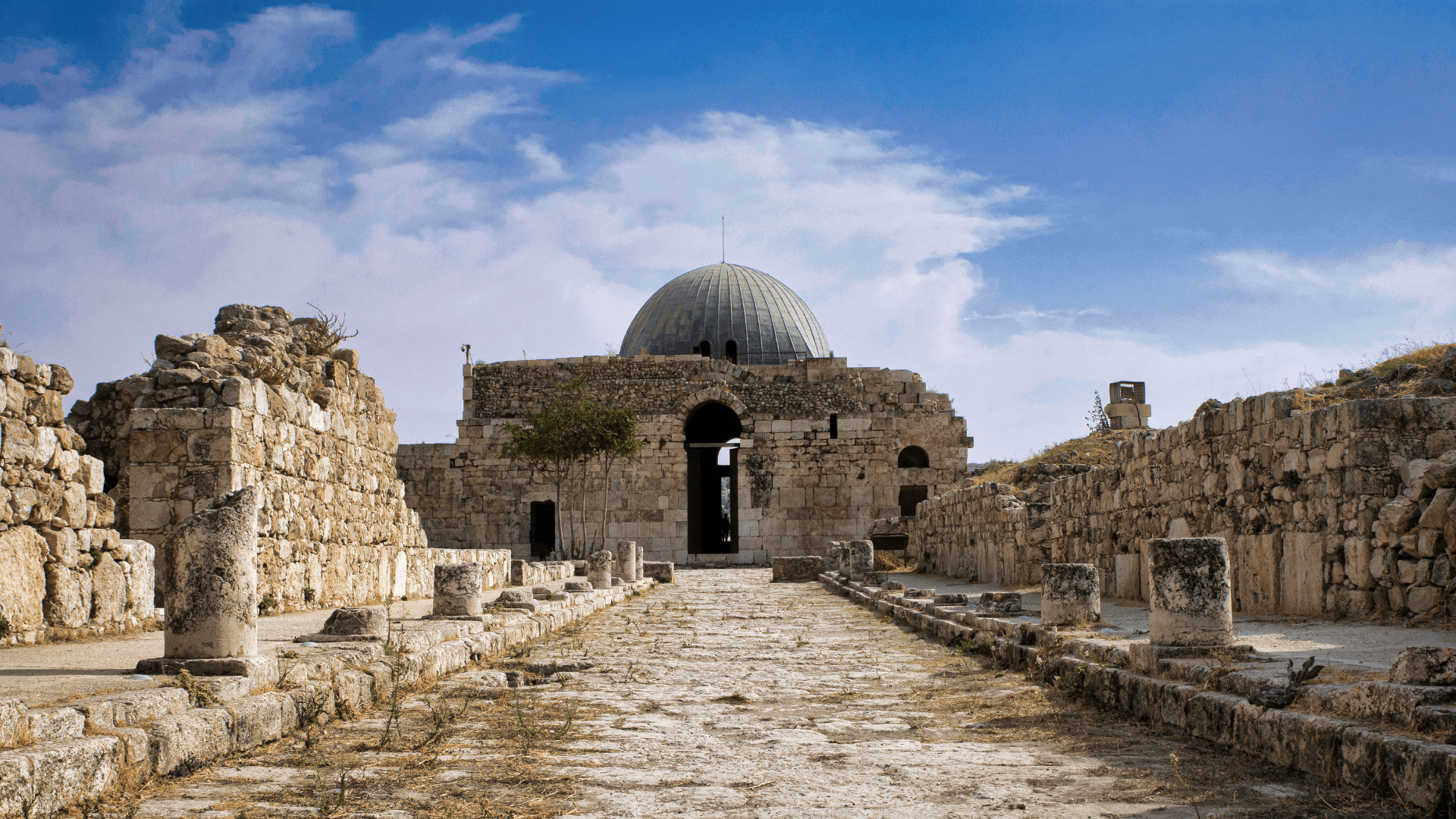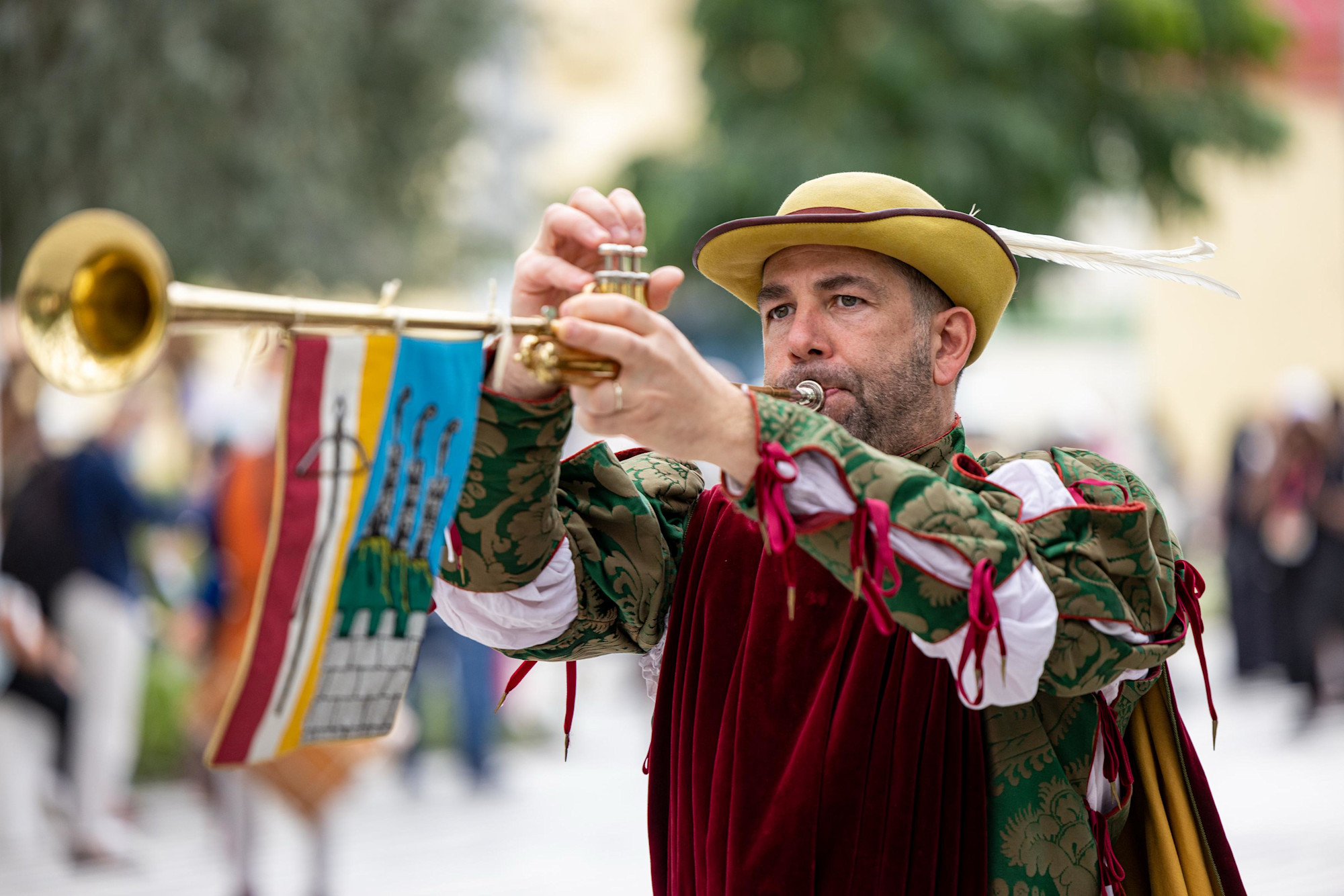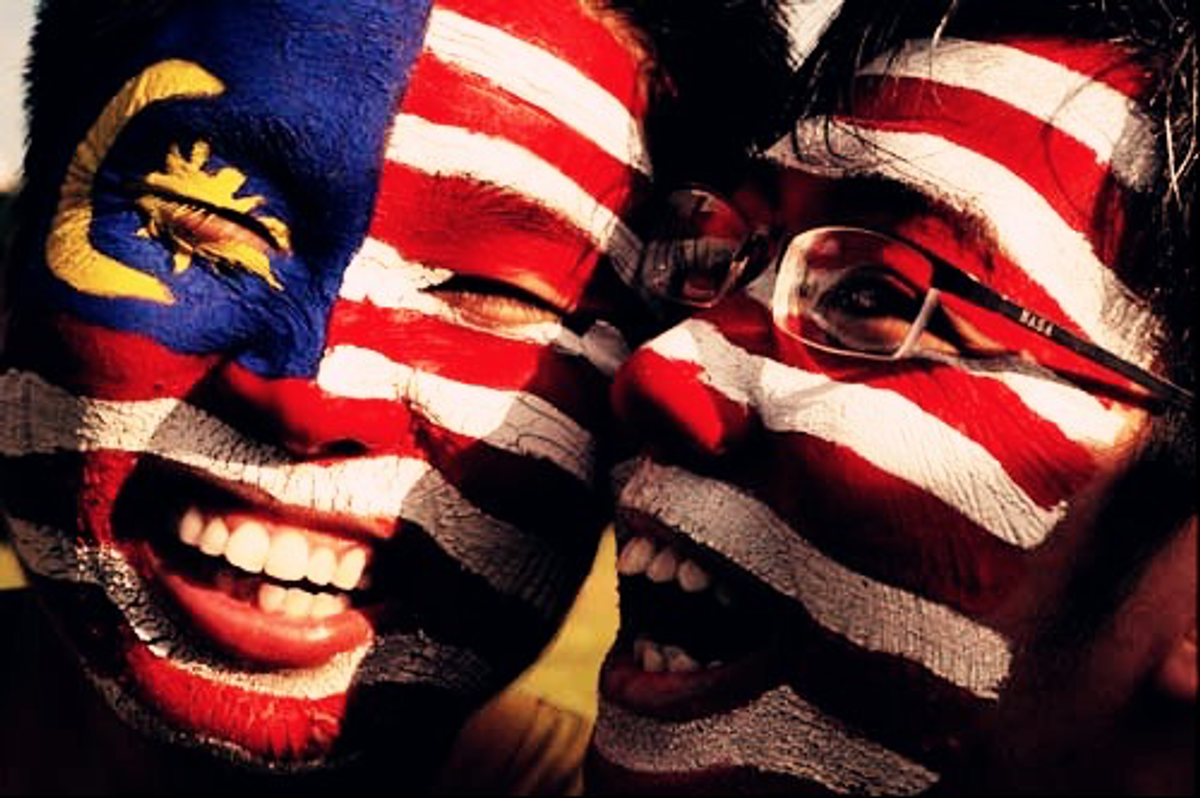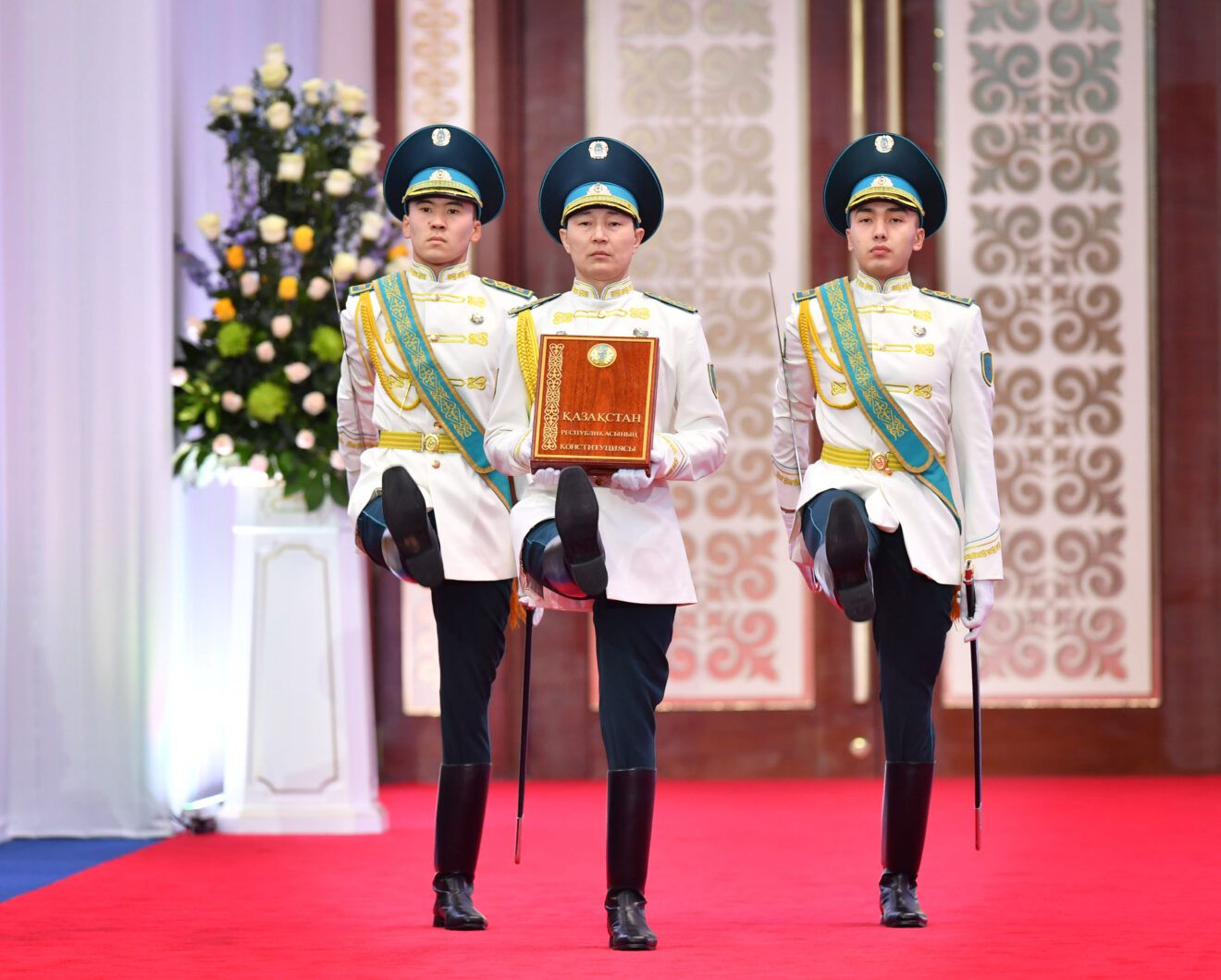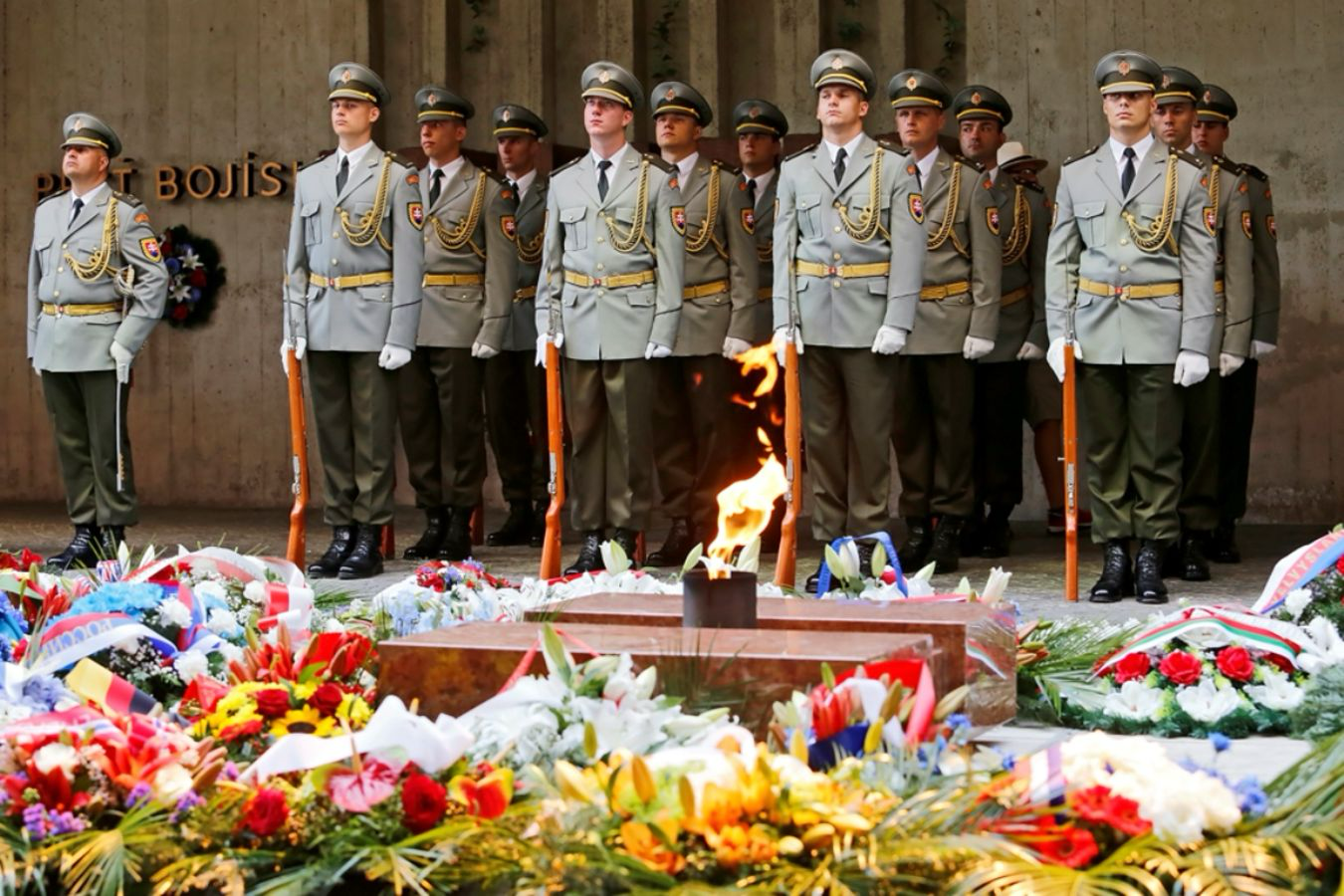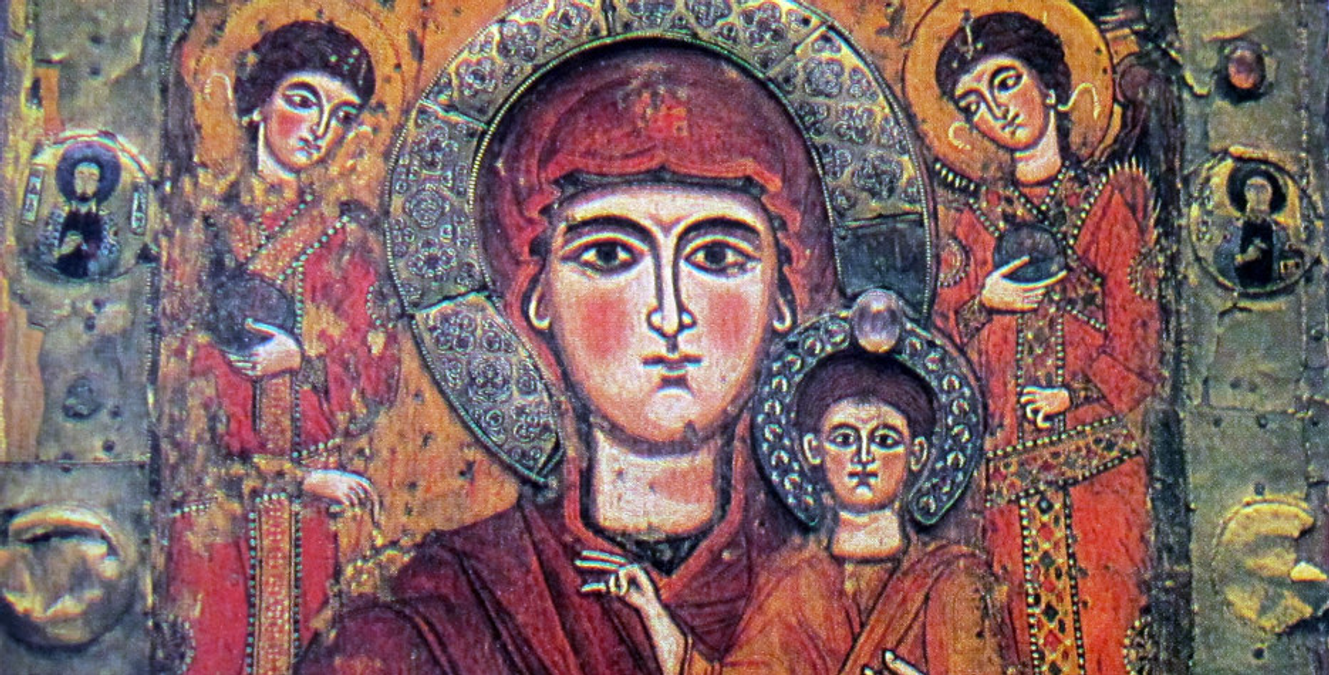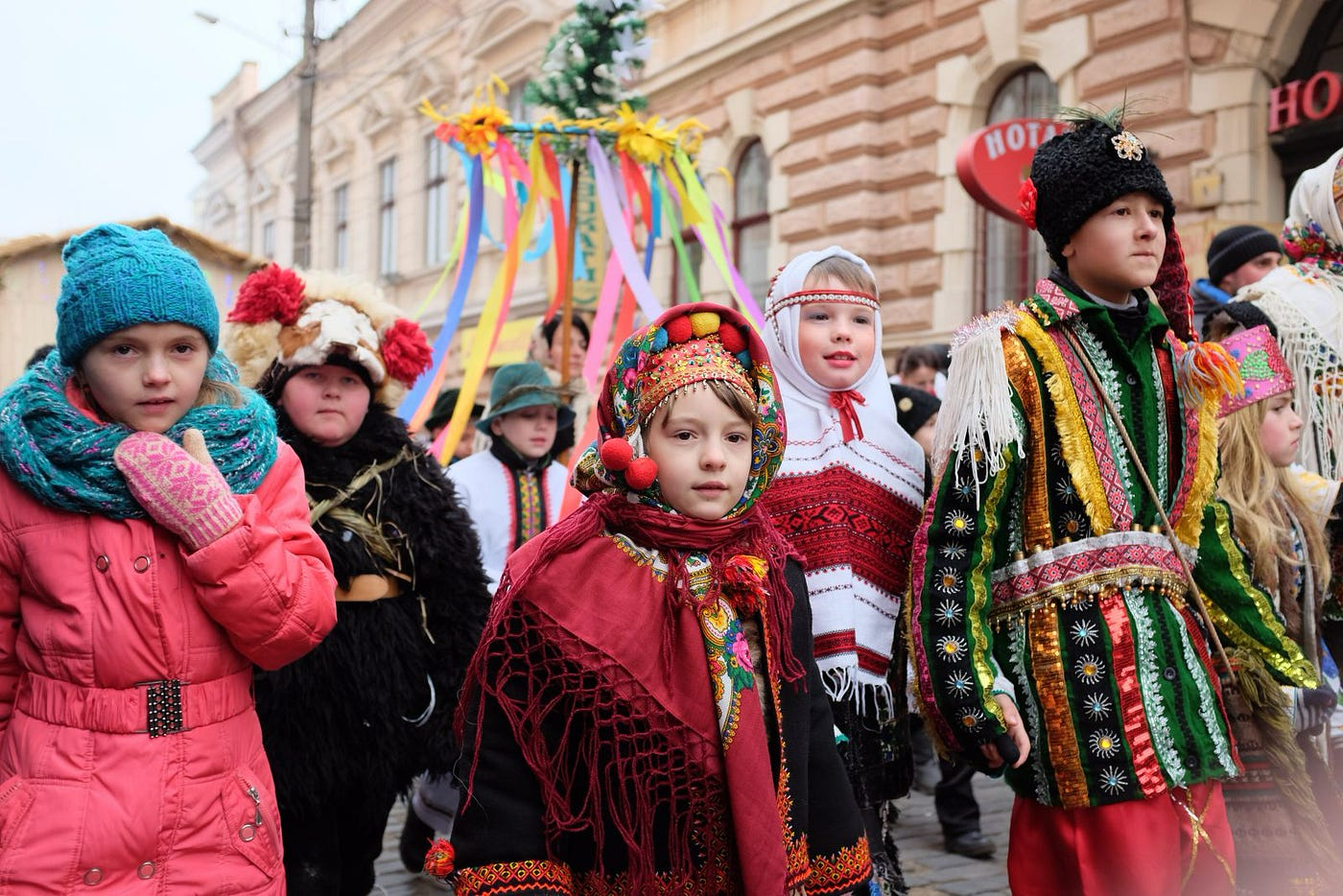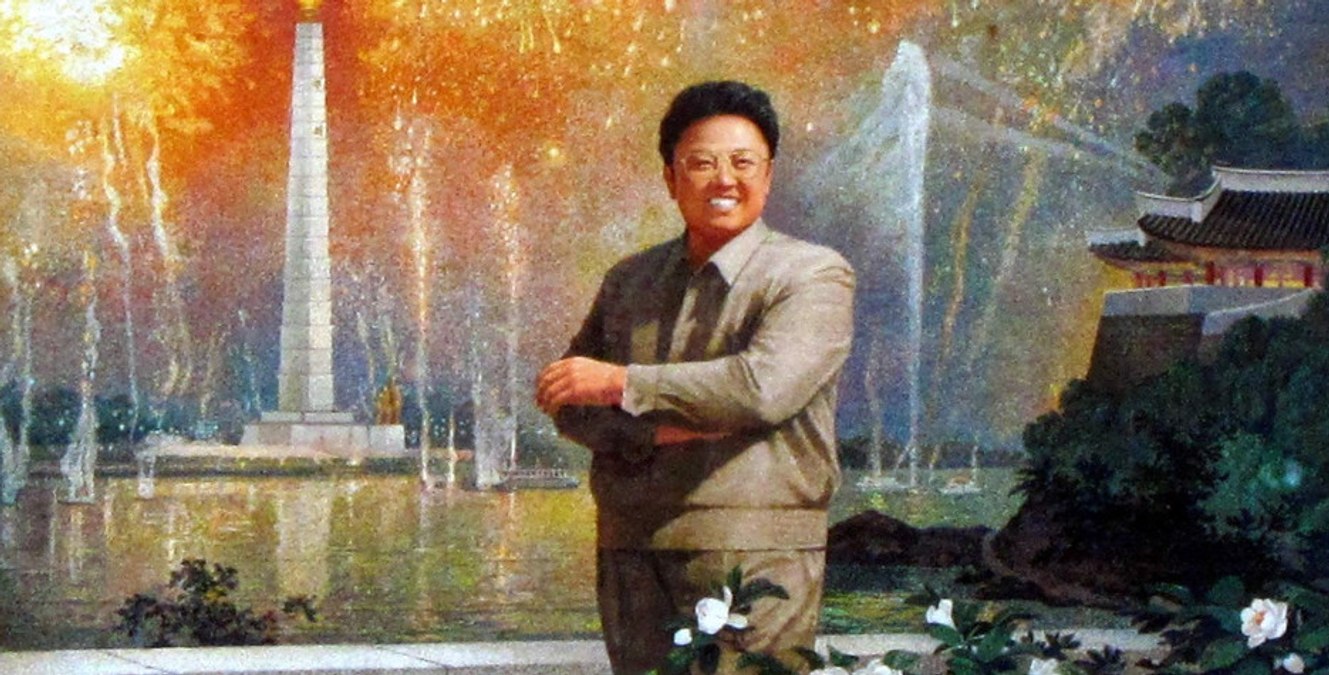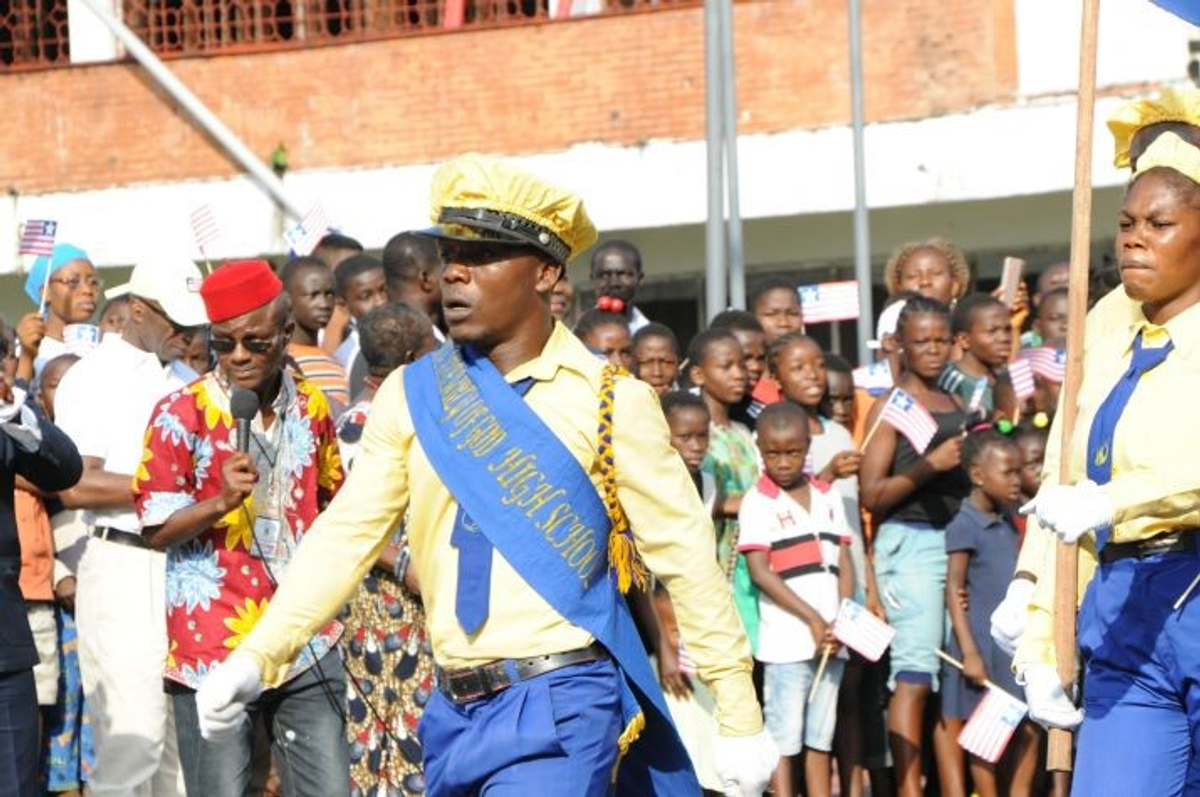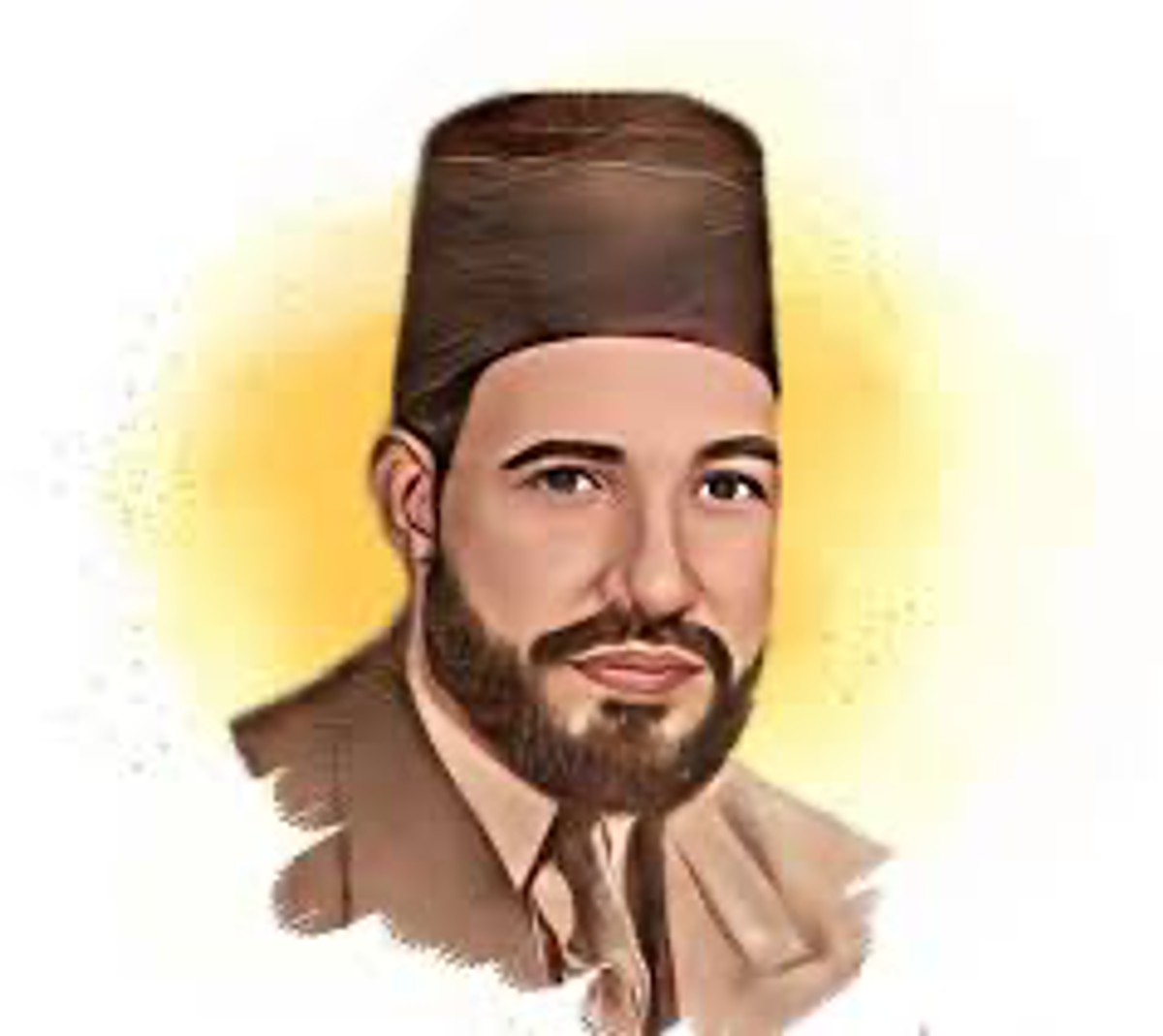Mother Teresa was born on August 26th 1910, in Skopje (now the capital of North Macedonia) in the Ottoman Empire. Born to a family of Albanian ancestry, she was named Anjezë (Agnes) Gonxhe Bojaxhiu.
From an early Agnes had been inspired by tales of missionaries and when she was 18, she moved to Ireland to join a nunnery to learn English.
Having arrived India in 1929, she became a nun in 1931, adopting the name Teresa, after Thérèse de Lisieux, the patron saint of missionaries.
In 1950, Mother Teresa founded the Missionaries of Charity, a Roman Catholic religious congregation.
Today, expanding beyond the original location of Calcutta, the 4000 sisters of the congregation run orphanages, AIDS hospices, soup kitchens and mobile clinics in 123 countries; caring for refugees, the blind, disabled, the poor and homeless, and victims of floods, epidemics, and famine.
Members of the congregation must adhere to the vows of chastity, poverty and obedience as well as a fourth vow, to give ‘wholehearted free service to the poorest of the poor’.
Mother Teresa gained worldwide recognition for her charitable works and was the recipient of numerous honours including the 1979 Nobel Peace Prize. She became famous as ‘Teresa of Calcutta’.
Mother Teresa died on September 5th 1997 at the age of 87. She was granted a state funeral by the Indian government in gratitude for her services to the poor of all religions in India.
On October 19th 2003, Mother Teresa was beatified as “Blessed Teresa of Calcutta” by Pope John Paul II in a ceremony at St. Peter’s Basilica, Vatican City.
